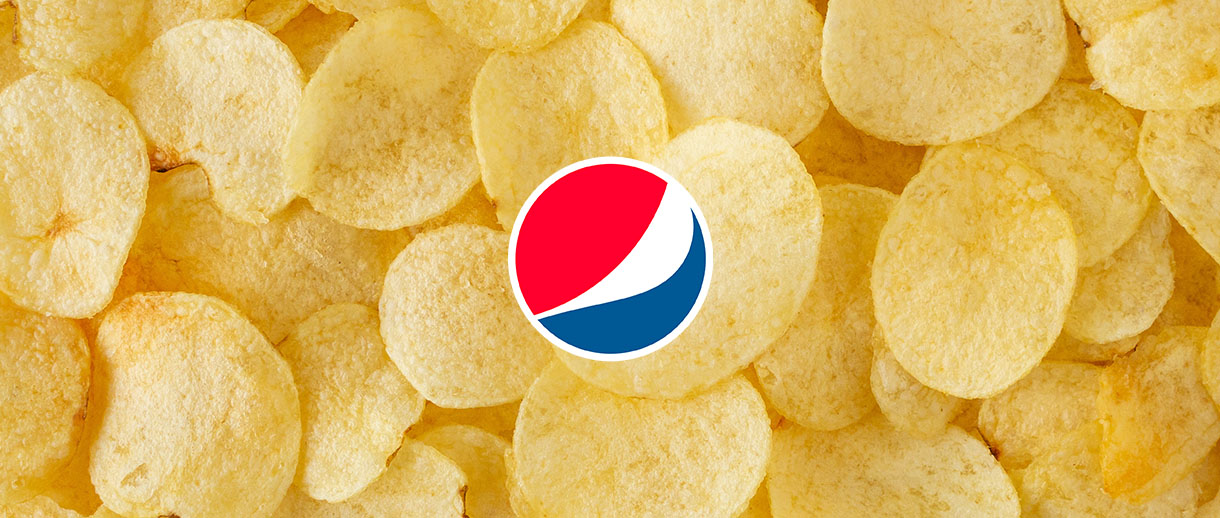
In a continuation of the long-drawn out big ticket litigation between PepsiCo and potato farmers, a Division Bench of the Delhi High Court in January 2024 reversed an earlier decision that had revoked the multinational’s registration of potato variety FL2027, which it uses to make the iconic Lays chips.
2011-2016: The application
PepsiCo’s registration for FL2027 with the Protection of Plant Varieties and Farmers’ Rights Authority (“the Authority”) was filed as far back as 2011. Originally applied for as a “new variety”, the application was revised to “extant variety” after comments from the Registrar, and was registered as such in 2016.
2019: Withdrawn infringement suits
In 2019, PepsiCo sued multiple potato farmers for infringing its registered plant variety, but withdrew this litigation within months. This was later used as a ground of violating “public interest” in the revocation suit filed subsequently (see below).
2019-2021: The revocation
In 2021, in response to an application for revocation filed two years previously, the Authority revoked the registration of FL2027 on various grounds under Section 34 of the Protection of Plant Varieties and Farmers’ Rights Act (“the Act”):
- Under Section 34(a), which allows for revocation if registration was based on incorrect information furnished by the applicant, the Authority held that PepsiCo had wrongly sought registration as a “new variety” instead of “extant variety”, and had given an incorrect date of first sale of the variety;
- Under Section 34(b), which allows for revocation if registration has been granted to an ineligible person, the Authority held that PepsiCo did not qualify as a “breeder” under the Act, and had not submitted any proper assignment deed or proof of right with the application for registration;
- Under Section 34(c), which is a ground for revocation if the breeder did not provide the Registrar with relevant information, documents or material as required for registration; and
- Under Section 34(h), which permits revocation if the registration is not in the public interest, the Authority observed that one “who is seeking equity must do equity”, and held that potato farmers were put to hardship as PepsiCo had filed a suit for infringement, without being a legitimate breeder or successor.
2022-2023: The Single Judge Order
Aggrieved by the Order of the Authority, PepsiCo filed an appeal at the Delhi High Court, where a Single Judge (“SJ”) bench remained unconvinced of the conglomerate’s case and upheld the Authority’s revocation decision. It made certain key observations in its order, which agreed with the Authority’s decision for revocation on some grounds, while disagreeing on others:
- The inaccurate description of the variety in the application could not be considered a fatal mistake, especially as the Authority had processed the application as one for an extant variety only, and so the ground under Section 34(a) was wrongly relied upon for revocation.
- The SJ held that there was no defence to counter the opposition’s case that PepsiCo did not qualify as a “breeder”. Relatedly, on the incorrect date of the first sale of the variety, the SJ said that it was irrelevant that the date would not materially affect the eventual registration. What mattered was that the registration was obtained based on incorrect information. The applicant, having given incorrect information, could not plead that no difference would have resulted had correct information been provided. Accordingly, the Court said that revocation under Section 34(b) and (c) was valid.
- On ‘public interest’, the SJ held that merely suing farmers, even presuming it was frivolous, would not satisfy the test of the registration itself not being in public interest, and therefore, the ground under Section 34(h) was incorrectly applied.
2023-2024: The appeal before the Division Bench
This finally brought PepsiCo to the Division Bench (a two-judge bench) of the Delhi High Court, in appeal against the order of the Single Judge (“SJ”). The Division Bench (“DB”) analysed the scope and intent underlying Section 34 and identified the circumstances which would warrant invoking revocation.
While the DB concurred with the SJ on the issue of incorrect description of the variety, it disagreed on many other issues. Particularly, the Court held that neither the application nor its grant suffered from a fundamental misdeclaration or a failure to provide information under law.
Power to revoke is discretionary
The Court critically noted that Section 34 uses the expression “may, on the application in the prescribed manner of any person interested, be revoked…..”, thus qualifying that the power to revoke is discretionary, to be exercised with particular care when a failure to furnish information was neither intentional nor deliberate.
Material relevance of information
On the question of material relevance of information, the DB said that revocation was to be exercised only when registration was granted to an ineligible person or variety, or where a variety, otherwise not entitled to registration, had been accorded protection.
In this context, specifically, the DB discussed the issue of the incorrect date of first sale. It noted that PepsiCo would have derived no benefit in deliberately declaring the date of first sale as 17 December 2009 (in India, as it did), instead of 28 October 2002 (in Chile, which was the date of first sale globally). In either scenario, the application would have been valid, as its filing fell within the stipulated 15-year time period from date of first sale required under law.
The DB also held that the protection under the Act flows from the date of registration and not from the date of first sale, and so, even if a later date was provided, PepsiCo would not have derived any added benefit.
The DB also pertinently observed that Section 2(j) of the Act refers to a variety “available in India”, and the disclosures required in the form do not indicate the first commercialization being global or India specific. Additionally, the phrase “outside India” does not appear in the provisions relevant to “extant” varieties. In the circumstances, the Court specifically said that it would be “narrow and pedantic” to take a view that first sale meant first sale globally, given the language of Section 2(j).
Authorisation to file
With regard to the issue of PepsiCo’s capacity to file for registration, the Court was satisfied that the company had been accorded the right by the concerned parties (the original breeder; the assignee company, FLNA, to whom the original breeder had assigned rights, etc.) to make the application; and the absence of a formal assignment was NOT fatal to the application. A letter from the assignee company to PepsiCo embodies the intent to authorize the latter to seek registration of FL2027 under the Act, and the DB concluded that the letter was clearly covered by Section 16(1)(c), which permits an assignee of a breeder to make an application.
Public interest
The DB clarified that the institution of a suit to protect legitimate rights under law cannot be said to be intimidatory or vexatious.
Besides a reference to various suits alleging infringement filed by PepsiCo, the opposite side had failed to show that those suits were vexatious or that PepsiCo had indulged in predatory tactics through these suits. The Authority, while originally revoking PepsiCo’s registration, had merely referred to the suits and that they were ultimately withdrawn, and concluded that several farmers had been put to hardship, with the prospect of paying huge penalties. No tangible facts were on record, nor did the Authority attempt an independent examination of the suits to understand any underlying intent as alleged.
What lies ahead
This decision of the DB marks the close of a chapter in the long history of litigation around the potato variety between PepsiCo and Indian farmers. Lest we assume that this is the end of the affair, there is every possibility that the aggrieved side may appeal further to higher authorities. Regardless of whether an appeal is filed or not, this is an important decision that has tested new facets of the law on plant varieties in India. It sets critical precedents on the discretionary powers of revocation, and the material relevance of information submitted as part of applications, which can have implications on prospective applicants and registered grantees alike, and require statutory authorities to carefully revisit how they exercise their powers under the law.
















